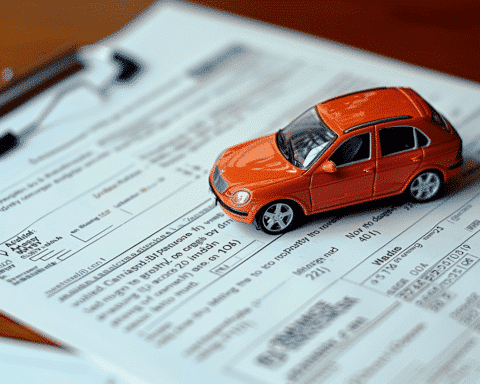Choosing the right deductible is a critical decision when purchasing insurance coverage. While there are varying opinions on the matter, the concept of opting for a high deductible is often touted as a viable strategy.
By delving into the reasons behind this advice, individuals can make informed choices based on their unique circumstances and financial goals.
Lower Deductibles and Increased Risk
One of the key factors driving the recommendation for high deductibles is the concept of risk assumption. Insurance companies charge higher premiums for policies with lower deductibles because they assume a greater share of the risk.
The reasoning behind this is straightforward: if insurers anticipate paying out larger sums in the event of a claim, they must adjust premiums accordingly to maintain profitability.
Monthly Premium Savings
The primary benefit of choosing a high deductible is the potential for significant savings on monthly premiums. While policyholders may initially face a higher upfront cost for covered losses, the trade-off lies in the reduced monthly premium payments.
By assuming a greater portion of the risk through a higher deductible, individuals can enjoy lower insurance premiums over time.
Switching to High Deductibles and Savings
For those considering the switch from a low to a high deductible, the potential savings can be substantial. In the case of car insurance, for example, such a change can lead to savings of around 30% on premiums.
By increasing the deductible from a low amount to a higher one, policyholders can reduce their monthly insurance expenses and potentially save enough money over the course of a year to cover the deductible amount.
Considering Individual Circumstances
While the advice to opt for a high deductible holds true for many, it is important to consider individual circumstances. Some individuals may prefer paying slightly more over time to avoid unexpected financial burdens.
The decision between a high or low deductible depends on factors such as the availability of savings, the likelihood of experiencing a covered loss, and personal risk tolerance.
Emergency Funds for High Deductibles
One crucial aspect to consider when choosing a high deductible is the availability of emergency funds. Policyholders must ensure they have sufficient savings to cover the higher upfront cost in the event of a claim.
By having an established emergency fund, individuals can confidently select a high deductible and take advantage of the subsequent premium savings without the worry of unexpected financial strain.
Balancing Cost and Risk
In the end, the choice between a high or low deductible involves striking a balance between cost savings and personal risk management. While a high deductible offers potential long-term savings, individuals must weigh the likelihood of needing to file a claim against their ability to cover the upfront costs. Assessing one’s financial situation, risk tolerance, and the specific insurance needs can help guide this decision-making process.
The recommendation to opt for a high deductible in insurance coverage provides a compelling financial strategy for many individuals. By assuming a greater portion of the risk, policyholders can benefit from lower monthly premiums and potential savings over time.
However, it is crucial to evaluate personal circumstances and financial preparedness before making a decision. Choosing the right deductible ensures an appropriate balance between cost savings and managing potential risks in the realm of insurance coverage.




